Bucharest events: Exhibitions to see this month
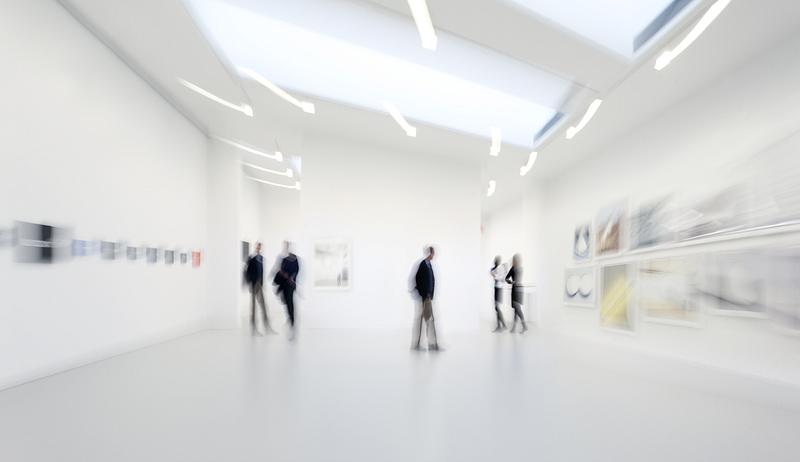


The Color of the Sound. Interpretations and Representations of Music in Romanian Art
Until August 17th at the Museum of Recent Art (MARe)
The show aims to explore the evolution of various local musical typologies, starting with the 19th century and up to the present, making use of the visual arts. This is meant to highlight both the parallel development of music and visual arts and connections with the current period, when "sound art and experimental music are increasingly connected to visual arts." The exhibition covers how the topic of music is represented in Romanian art and the relation between music and the visual arts - connections, influences, differences and conceptual trends.
The artists included in the exhibition are Aeul, Raluca Arnăutu, Corneliu Baba, Aurel Băeșu, Traian Boldea, Henri Catargi, Evă Cerbu, Codruța Cernea, Andrei Chintilă, Alexandru Ciucurencu, Radu Comșa, Rudolf Schweitzer-Cupăna, Dimitrie Gora, Ion Grigorescu, Nicolae Grigorescu, Carol Hübner, Nicu Ilfoveanu, Sorin Ilfoveanu, Regina Ionescu, Iosef Iser, Ștefan Luchian. M.H.Maxy, Dragoș Mărgineanu, Theodor Pallady, Constantin Piliuță, Andrei Raicu, Alma Redlinger, Camil Ressu, Constantin Rusu & Peter Vukmirovic Stevens, Saddo, Eustațiu Stoenescu, Mihai & Horațiu Șovăială, Gheorghe Tattarescu, Roman Tolici, Alexandru Țipoia, Ionuț Vancea, Parton Vartanian, and Mihai Zgondoiu.
Black Cloud – Carlos Amorales
Until October 1st at the National Museum of Contemporary Art (MNAC)
First shown in 2007, Amorales's Black Cloud was first presented in the country in Timișoara, where it took over a tram running in the city as part of the Art Encounters biennale. The installation, inspired by the annual migration of monarch butterflies from Canada to Mexico, can be seen on the ground floor of the museum, in the Marble Hall of the People's Palace. The work has been adapted to the venue's architectural characteristics, as it has been the case in the previous places where it has been shown, which range from museums and art galleries to art fairs and a collector's home.
Amorales, one of Mexico's most celebrated artists, discusses the work in the video below.
Indigo (Of Ecaterina Vrana)
Until October 1st at the National Museum of Contemporary Art (MNAC)
This retrospective of the work of Vrana, who passed away in 2019, references the way a "person's memory is a substantial conglomerate of perceptions, stories, voices, photographs, projections, imaginary blank-filling as well as contradictions." Through her work, Vrana parted with the scholarly visual systems while also building "the foundation of a liberated, self-controlled universe supported by the meta-language that defines both her creation and her yield."
Rephrase, revise, replace - Klaas Kloosterboer
Until October 1st at the National Museum of Contemporary Art (MNAC)
Deeply influenced by the international Fluxus and Zero art movements, Klaas Kloosterboer is a multidisciplinary artist whose work bridges the gap between abstraction and action. This exhibition showcases a selection of pieces in different mediums, making up an immersive site-specific installation at the ground floor gallery of the museum. It highlights "the artist's commitment to place his artistic discourse outside traditional mediums, exploring how, through decision and action, new meanings and contents are produced."
Uncanny Order
Until July 31st at Mobius
Uncanny Order, an artistic research project developed by Qolony Association, focused on real-time data processing to create visual and interactive artworks, inviting participants to "witness the emergence of patterns and explore the complex dynamics of chaos."
The team of artists consisting of Floriama Candea, Claudia Chiriță, and Cătălin Crețu, together with programmer Cristian Bălaș and researchers Marian Zamfirescu and Ionuț Andrei Relu, focused on mathematical models of dynamic systems underlying natural, biological, and physical phenomena. They created installations based on these models, offering the audience "a guide to interacting with objects that include electronic devices using randomization and combinatorial optimization algorithms to recreate situations of synchrony," a presentation of the project explains. More here.
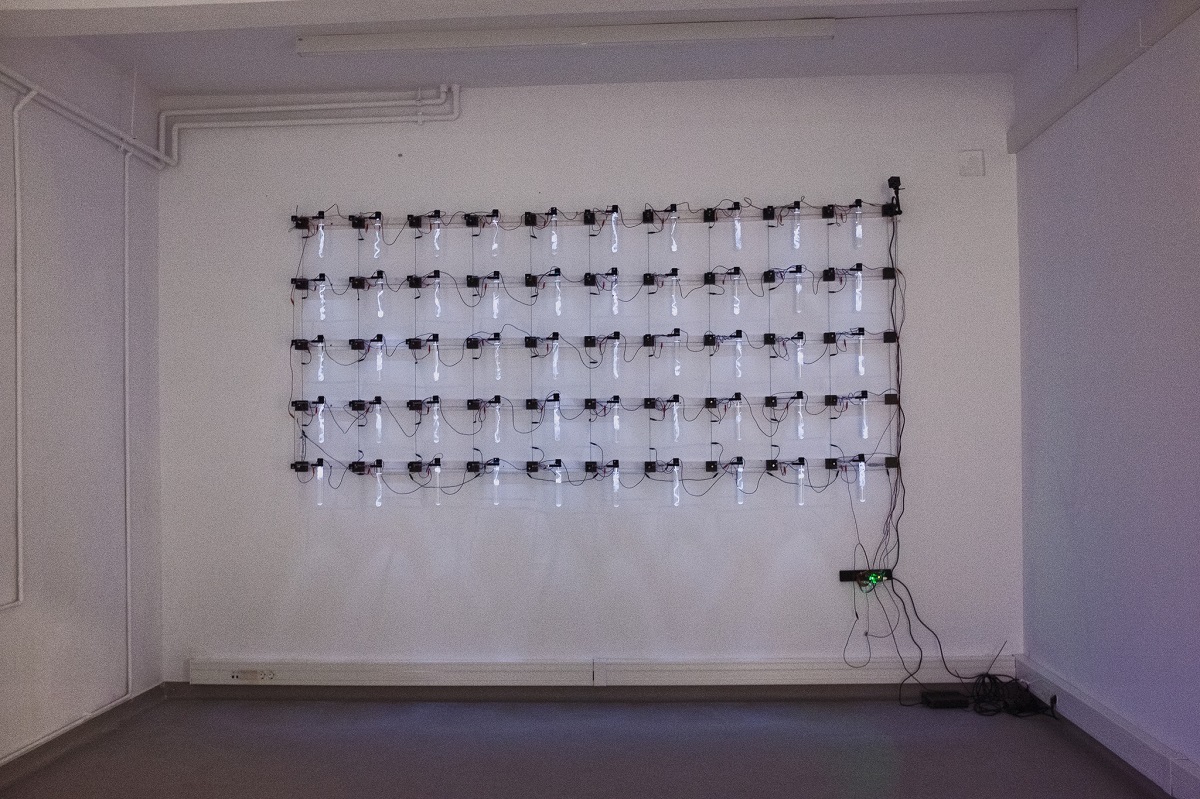
Raluca Popa: Source
Until July 29th at Gaep
The artist's second solo exhibition at the gallery brings together new and older works, with some of the works shown for the first time. Popa, who lives and works in Berlin, received an MA in Fine Art from Byam Shaw, Central Saint Martins, University of the Arts London (2011), following her studies at the University of Art and Design in Cluj (BA Fine Art, 2003). Recent exhibitions include Time Lines (online exhibition, gaepgallery.com, 2022), 22 Women Artists (Stations, Berlin, 2022), Goodbye, Sarotti! (Soft Power Project Space, Berlin, 2021), 2012 Alphabet Book (The Last Archive & Tranzit Bucharest, 2020), Viral Self-Portraits (online, MG+MSUM, Ljubljana, 2020), How to Disappear (solo, Gaep, Bucharest, 2019), and Artistic Enquiries into Plants (Tranzit Bucharest, 2019). She participated twice in Sinopale - Sinop International Biennial (Sinop, 2022 and 2017) and Art Encounters Biennial (Timișoara, 2019 and 2017).
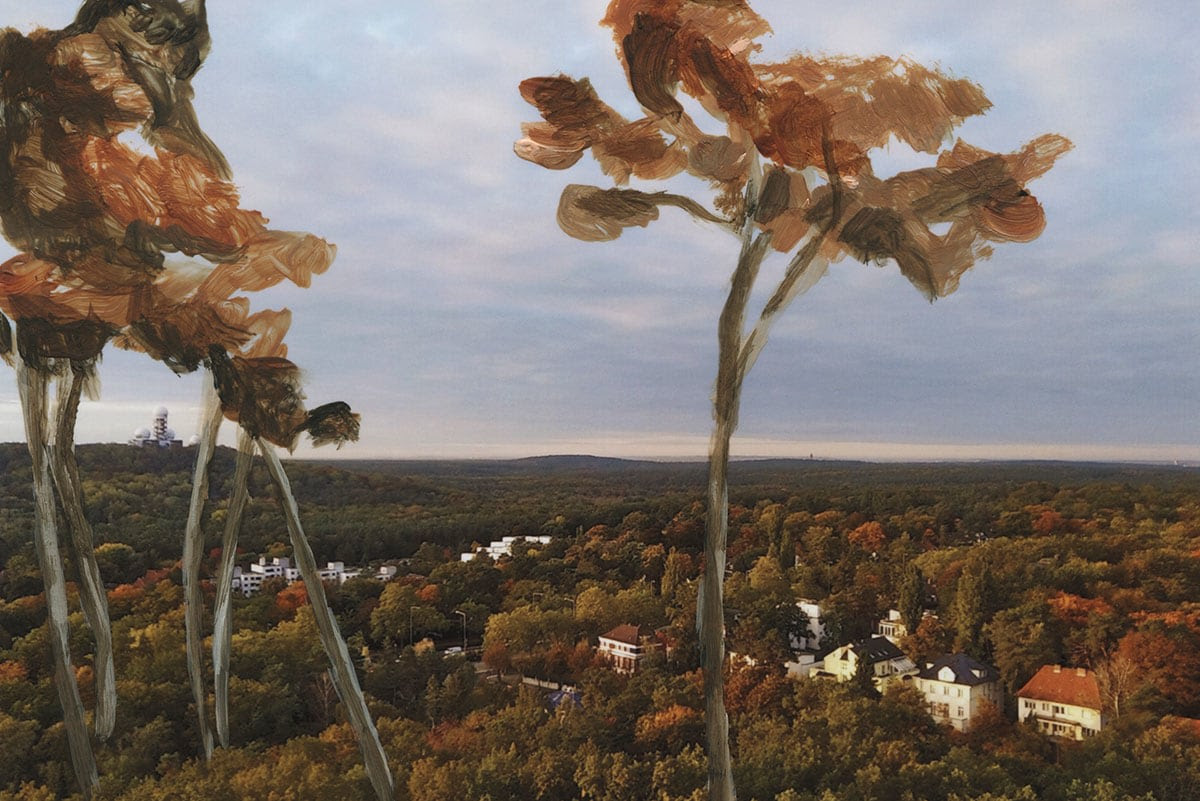
Motherverse
Until July 23rd at Galateca
Motherverse is a series of seven paintings and nine watercolors in which Sabina Tupan explores motherhood and the politics surrounding one female-gender parent in an autobiographic context. The collection covers sixteen scenes revealing a single mother in the domestic space. The body plays a central role in the series, as it is "a historical and biological map of maternal transformations, a form disguised as various creatures to reduce the gap between the mother's domestic labor and the fantasy of the newborn."
Love Stories
Until September 10th at Art Safari, Dacia-Romania Palace
This exhibition, featuring more than 100 works by artists such as Andy Warhol, Man Ray, Van Dyck, and David Hockney from the collection of the National Portrait Gallery in London, is meant to be "an exploration of the intimacy of the most famous couples from 16th century to present times." A section with works by Romanian artists is also included, featuring painter Nicolae Grigorescu and the love letters between Constantin Brâncuși and American dancer Florence Meyer.
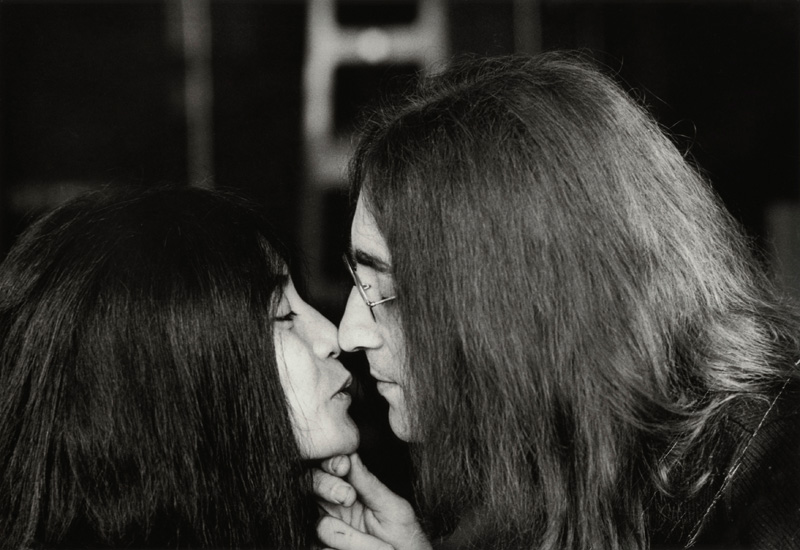
Constantin Artachino
Until September 10th at Art Safari, Dacia-Romania Palace
The result of a partnership with the Bucharest City Museum, the exhibition looks at the work of Constantin Artachino (1870 - 1954), considered a master of portraiture and landscape in the history of local art. One of Theodor Aman's students, he also studied at Julian Academy, where he was a colleague of Nicolae Vermont and Ştefan Luchian, with whom he also formed artistic groups.
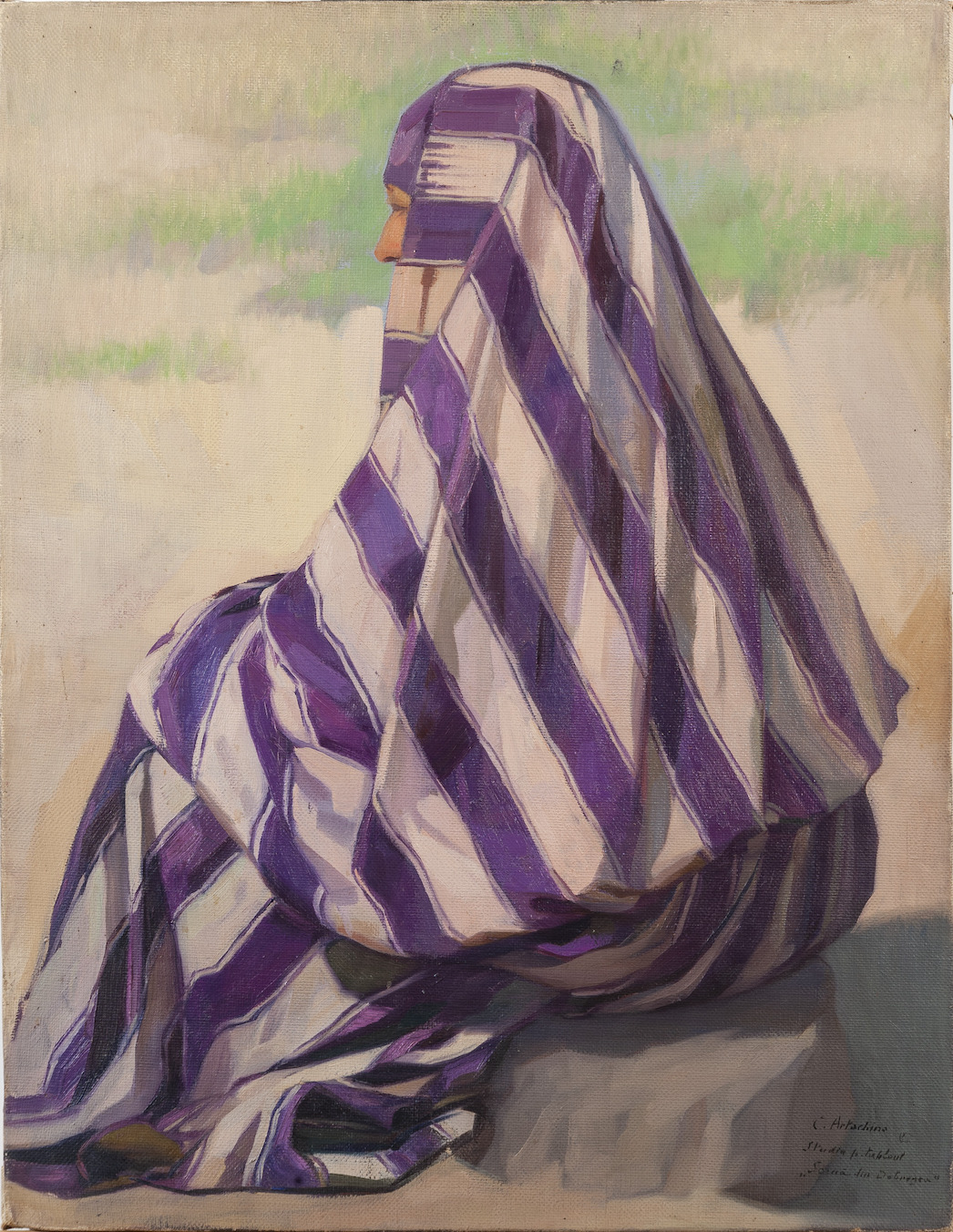
Ion Alin Gheorghiu, the artist of the Hanging Gardens
Until September 10th at Art Safari, Dacia-Romania Palace
Large-scale canvases by one of Romania's most important postmodern painters, Ion Alin Gheorghiu, are presented in this show. Philosopher and art critic Andrei Pleșu describes him in the curatorial text for the exhibition as having "all the qualities of a master of great stature, a model of professionalism and inspiration." "Each image is a synthesis of sensuality and discipline, authentic spontaneity and sober 'classicism,' with discreet baroque undertones..."
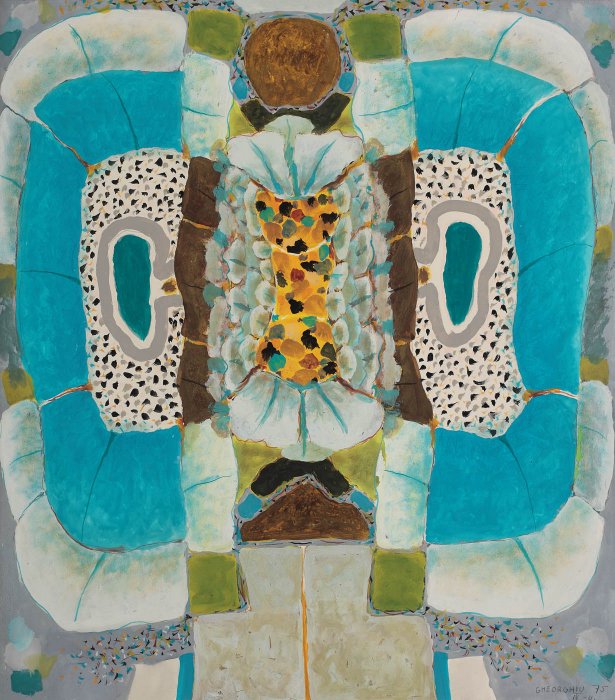
Nymphs and Zombies: Ondine's Hope and Baraka's Despair
Until September 10th at Art Safari, Dacia-Romania Palace
The exhibition brings together two contemporary artists with diametrically opposed visions. Ondine Slimovschi (b. 1982) is an "artist of serene mythology and the fairytale bestiary" who uses the female portrait to suggest strong emotions. In his turn, Paul Baraka (b. 1994) focuses on shocking and provocative subjects, taking an approach that is "also critical, highlighting the banality of evil through sarcasm and irony."
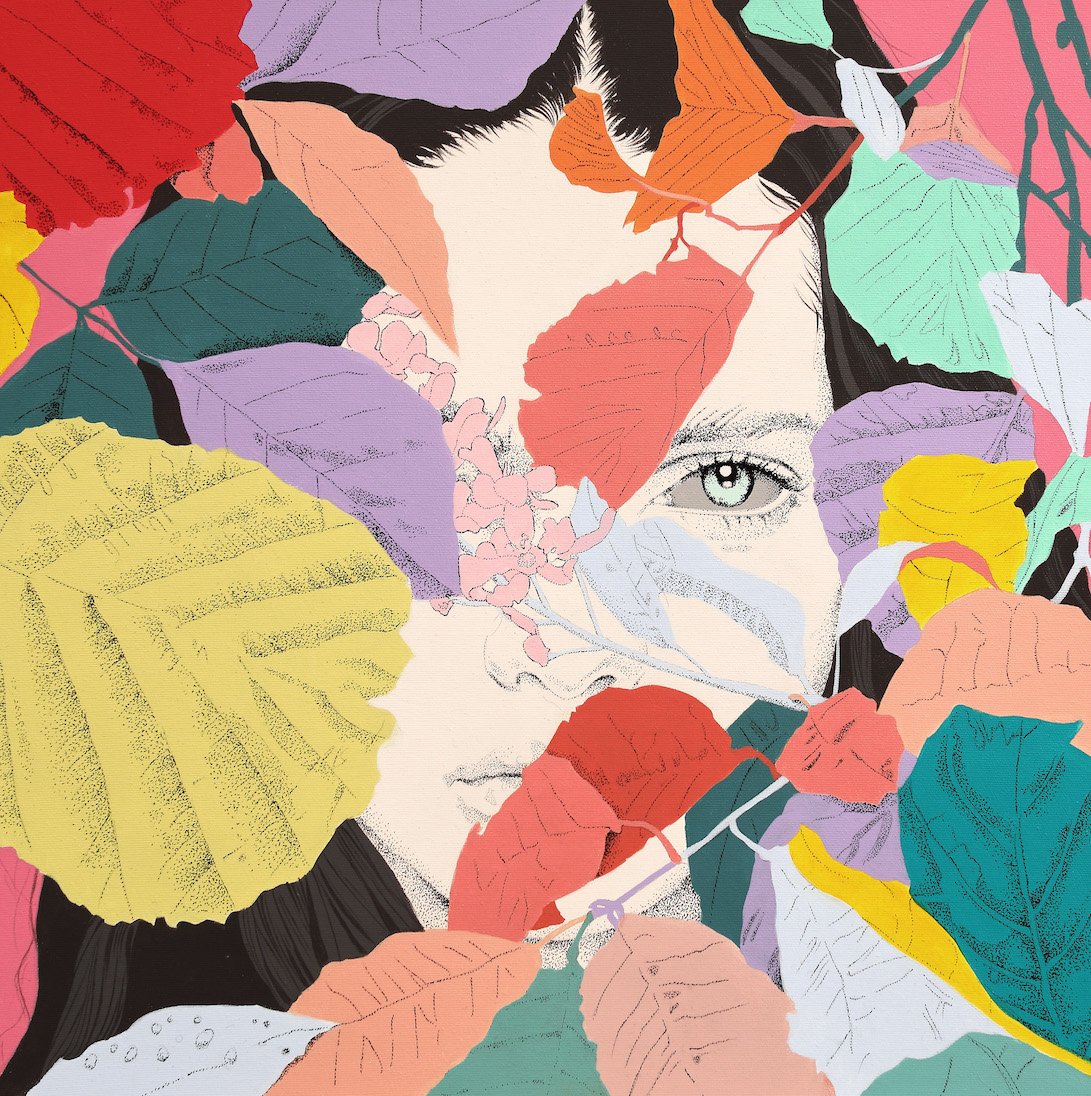
The Group of Four (1925 – 1934): Oscar Han, Ștefan Dimitrescu, Nicolae Tonitza and Francisc Șirato
Until September 24th at the National Museum of Art of Romania (MNAR)
The exhibition looks at the work of painters Nicolae Tonitza, Ștefan Dimitrescu, and Francisc Șirato, and of sculptor Oscar Han, starting with the first exhibition in 1926 and up until 1934, when they were presented as "The group of four." The group was established in order to have yearly exhibitions according to their own outlook, with a focus on "unified color agreement," and a modern presentation "without canon and rules," in a proper venue. The group dissolved itself after the death of Ștefan Dimitrescu in 1933, and its last exhibition was held in March 1934.
Some 100 paintings and sculptures are included in the exhibition, which retraces parts from every exhibition organized by the group and highlights the works that generated discussions and turned into reference points that ensured the place of the artists in the history of the modern Romanian art.
Nicolae Grigorescu – Painter of the Romanian Ethos
Until September 17th at the National Museum of Art of Romania (MNAR)
The exhibition encompasses more than 120 paintings in the MNAR collection, many of them large-size ones, which are rarely shown or presented for the first time after being restored. These are joined by works in the collection of the Dimitrie Gusti National Village Museum, peasant dress and decorative items, and 83 photos taken between 1925 – 1936 by the team of professor Dimitrie Gusti in various rural localities in the country. The exhibition, held 185 years after the painter's birth, is meant to focus the public's attention on the artistic value of his works.
(Opening photo: Bluraz | Dreamstime.com)
simona@romania-insider.com